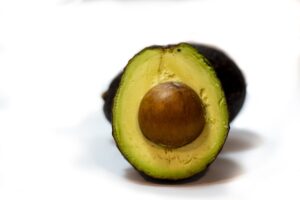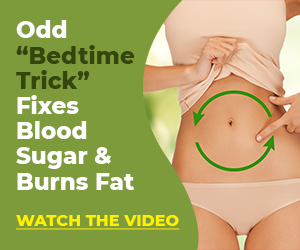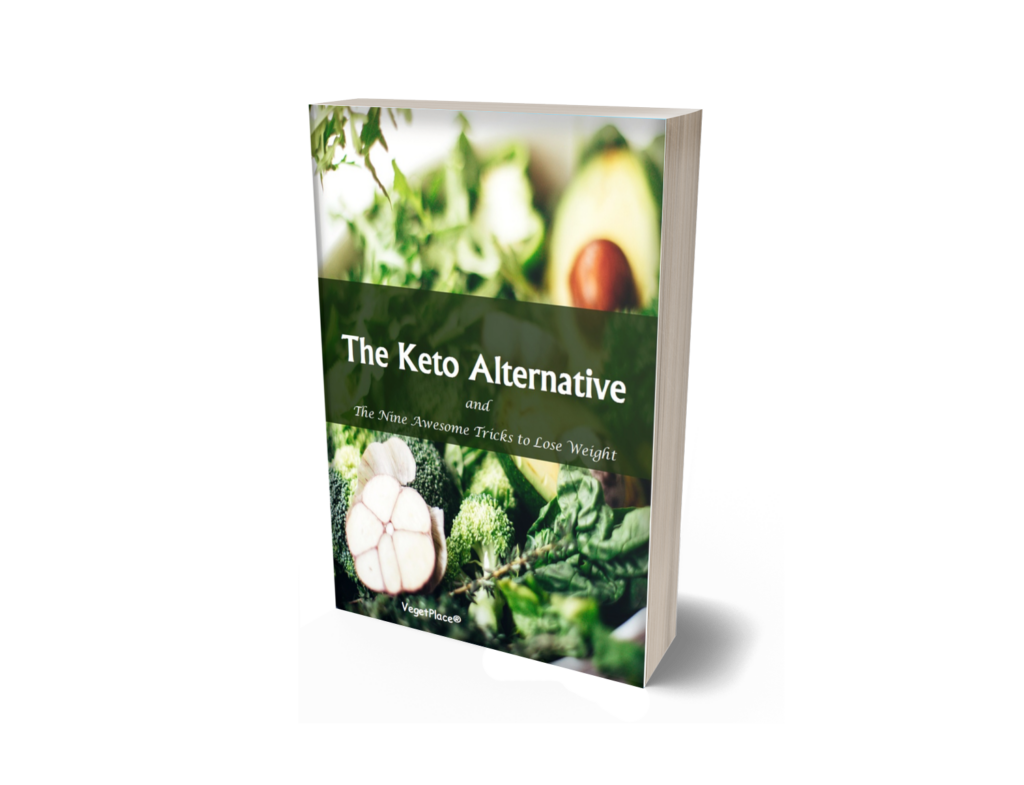What Is Keto Diet?
Although Keto or Ketogenic Diet has been around for almost a century, it is rapidly gaining popularity today. There is a reason why keto is so highly regarded: It’s not a fad diet, it actually works, and it has tremendous health benefits in addition to weight loss. When on the keto diet, you are feeding your body exactly what it needs, while eliminating toxins that will slow it down. Continue reading to know more about this amazing diet.

The Ketogenic Diet
- 60 percent of its calories from fat.
- 15 to 25 percent of calories from protein.
- 25 percent of calories from carbohydrates.
The most limited thing on the diet is sugar, which you need to avoid.
The ketogenic diet not a fad. Many scientific studies have shown the benefits and healing effects of ketosis. Discuss the ketogenic diet with your doctor if you are interested in consuming less sugar, losing weight, or as preventive measures against vulnerable health problems.
Benefits of Keto Diet

Let’s begin by stating that a high carbohydrate diet, with its many processed ingredients and sugars, has absolutely no health benefits. These are merely empty calories, and most processed foods ultimately serve only to rob your body of the nutrients it needs to remain healthy. here is a list of actual benefits for lowering your carbohydrates and eating fats that convert to energy:
Control of Blood Sugar
Keeping blood sugar at a low level is critical to manage and prevent diabetes. The keto diet has been proven to be extremely effective in preventing diabetes.
Many people suffering from diabetes are also overweight, because carbohydrates get converted to sugar, which for diabetics can result in a sugar spike. A diet low in carbohydrates prevents these spikes and allows more control over blood sugar levels.
Mental Focus
When people suffer from cognitive diseases, such as Alzheimer’s, the brain isn’t using enough glucose, thus becomes lacking in energy, and the brain has difficulty functioning at a high level. The keto diet provides an additional energy source for the brain.
A study by the American Diabetes Association found that Type 1 diabetics improved their brain function after consuming coconut-oil. That same study indicated that people who suffer from Alzheimer’s may experience improved memory capacity on a keto diet. Those with Alzheimer’s have seen improved memory scores that might correlate with the amount of ketones levels present.
Increased Energy
It’s not unusual, and has become almost normal, to feel tired and drained at the end of the day as a result of a poor, carbohydrate-laden diet. Fat is a more efficient source of energy, leaving you feeling more vitalized than a “sugar” rush.
Better Skin
Keto and Anti-Aging
Keto and Hunger
One of the major reasons diets fail is hunger. People who diet feel hungry and deprived and simply give up. A low carbohydrate diet naturally leaves people will actually remain on the diet longer while consuming fewer calories.
Keto and Eyesight
Diabetics are aware that high blood sugar can lead to a higher risk of developing cataracts. Since the keto diet controls sugar levels, it can help retain eyesight and help prevent cataracts. This has been proven in several studies involving diabetic patients.
Keto and Autism
We know the keto diet affects brain functions. In a study on autism, it was found that it also has a positive effect on autism. Thirty autistic children were placed on the keto diet. All showed improved in autistic behavior, especially those on the milder autistic spectrum. While more studies are needed, the results were extremely positive.
What Do I Eat On A Keto Diet?
Some people associate the keto diet with the bad word “fat” and are quick to dismiss it. Nothing could be further from the truth. Fat is allowed, because it is converted into energy. Our body needs healthy fats to thrive. Other foods on the diet could not be healthier. When you’re eating ketogenic, you’re filling your body with nutrition. Let’s take a look at the foods you’ll be eating:
Seafood
Everyone knows about the healthy fatty acids, vitamins and minerals in seafood. Very few of us eat enough. The keto diet encourages the consumption heatlhy things from the sea.
Fatty fish, such salmon and sardines are highly recommended because of their high omega-fatty acid content. Fish truly is brainfood. Enjoy at least two servings or more of seafood a week on the keto diet. Simple canned tuna counts as seafood.
Vegetables
Can a diet that recommends unlimited green, leafy vegetables be anything but healthy? They are extremely low in carbohydrates and bursting with vitamins, antioxidants, and the fiber we need daily.
Green vegetables such as broccoli, spinach, and kale are believed to decrease the risk of heart diseases and cancer. Cauliflower and turnips can be prepared to look and taste like rice or mashed potatoes, with much less starch and carbohydrates.
“Starchy” vegetables, such as potatoes or beets do have carbs and should be limited on the keto diet.
Dairy Foods
There are cheeses to satisfy everyone’s taste. They are high in fat content for energy, high in protein and calcium, and low in carbohydrates.
Yogurt and cottage cheese are a great source of protein and calcium. They are low-carb and fit well into the ketogenic lifestyle.
Be sure to stick with plain yogurt, as the flavored types contain a lot of sugar, as are the so-called “low-fat” versions of yogurt. You can flavor yogurt and cottage cheese yourself with a few berries and nuts.
Avocados
Avocados are truly “superfood”. They are high in important vitamins and minerals, including potassium. According to a study, avocados are also believed to help lower cholesterol by 22 percent.

Loaded with nutrients and delicious taste, avocados only have 2 grams of net carbohydrates. Use them in salads and sandwiches.
Meat and Poultry
The keto diet lets you eat plenty of meat. Meat contains very few carbs and is high in protein to help you build muscles. Whenever possible, choose healthy, grass-fed meats, which are higher in fatty acids.
Eggs
Eggs are high in protein and contain a mere 1 gram of carbohydrates. As they are also inexpensive, they are ideal for anyone on a ketogenic diet.
Eggs also make you feel full, thereby helping you eat less. many people take pride in only consuming the white of eggs, but the true nutrition lies in the yolk, so be sure to eat the egg in its entirety.
Coconut Oil
Too many people are unfamiliar with coconut oil, another “superfood”. It is perfect for people dealing with diabetes and has been used with Alzheimer patients.
Coconut oil can be used in most recipes in place of butter oil. You can also use it for frying and sautéing.
Dark Chocolate
Did you know that dark chocolate has a high amount of antioxidants?. As a matter of fact, dark chocolate is reaching superfood status. Chocolate with 80 percent higher real cocoa powder can lower your blood pressure.
An ounce of 80 percent dark chocolate contains 10 grams of carbohydrates, so it definitely counts as a healthy snack. keep in mind the lower the cocoa content, the less healthy the chocolate will be. Milk chocolate does not count as a healthy chocolate.
Foods to Avoid On A Ketogenic Diet
The keto diet has a lot less restricted foods than many other diets. Sugar, of course, should be avoided. That doesn’t mean you can’t enjoy sweet desserts. there are many keto-friendly recipes that substitute unsweetened apple sauce for sugar in baked goods.
Substitute sweeteners such as Stevia can also be used in moderation.
Keep in mind that fruits are healthful, but they do contain a great deal of sugar, so limit the amount you eat to just a few slices a day.
Fruit juices are concentrates that have vitamins but lack fiber. And their sugar content is extremely high. Read the label on any bottle of juice before buying. The best juices are “green” with just a hint of fruit for flavoring.
Be careful with cereals. Most are packed with sugar and robbed of any nutrients. Many claim : “nutrition added”, but all that means is that all nutrition has been removed and replaced with a small amount, and a whole lot of sugar for taste. One hundred percent bran cereal will fit into your keto diet, and you can sweeten it with a handful of berries. Just be sure to examine all labels in the cereals aisle. They can be very tricky. Also, remember that honey, too, is considered as sugar.
Totally omit white starches from your diet. They are nothing but empty calories. This includes white bread, pasta, and rice. Buy the wholegrain version, instead, and enjoy in moderation.
Legumes and beans are healthy for you, but they are high in carbohydrates. You can have them occasionally; just make sure you keep it within your daily 20 – 50 carb-gram count.
Alcohol tend to be empty calories, but certain spirits will be better for you than others. Beer is filled with carbs and should be off your keto diet. The expression “beer belly” exists for a reason. Enjoy a glass of wine, instead. Of course, there are variances in different types of wine. Dry wines contain a minimum amount of sugar, while sweet dessert wines contain much more.
Pure alcohol such as whiskey and vodka are carb-free, but they do contain calories, so have a care. Mixing alcohol for fancy cocktails usually creates a haven for sugar, so avoid those.
Wine coolers may be a tasty treat, but in reality, they are just sugary sodas with some added alcohol. They should definitely not be on your keto diet at any time.




